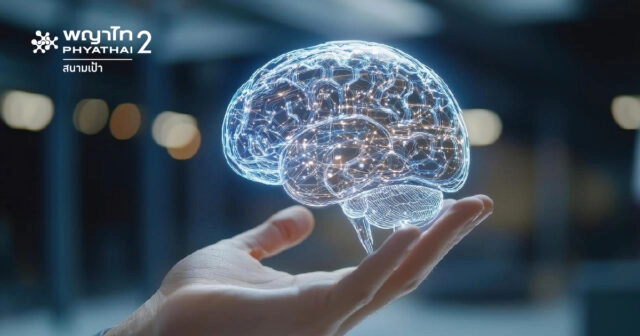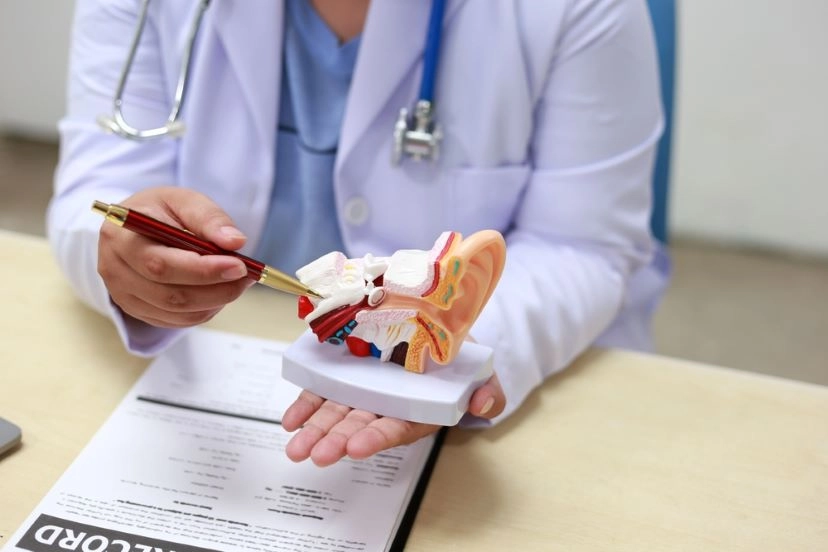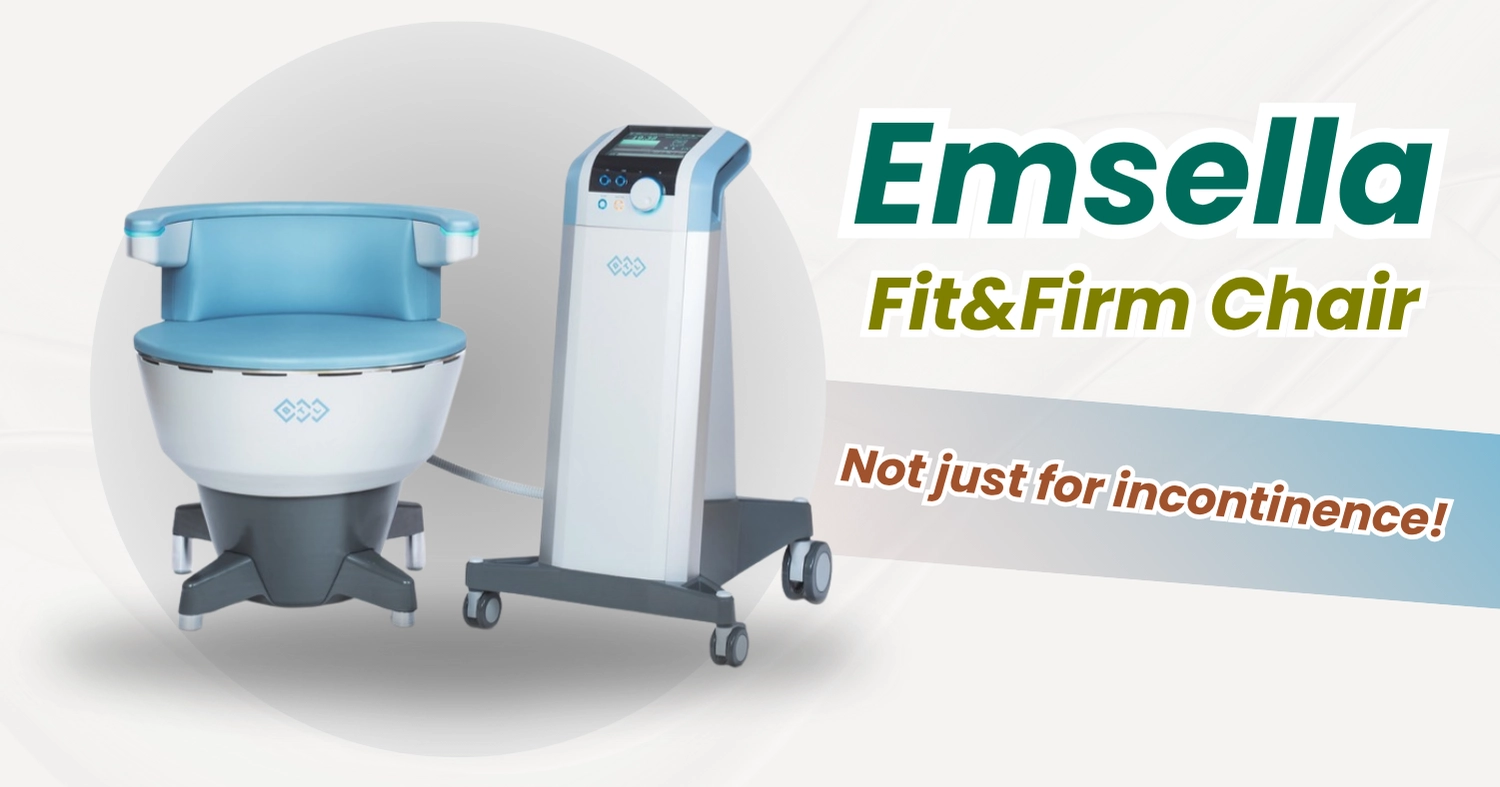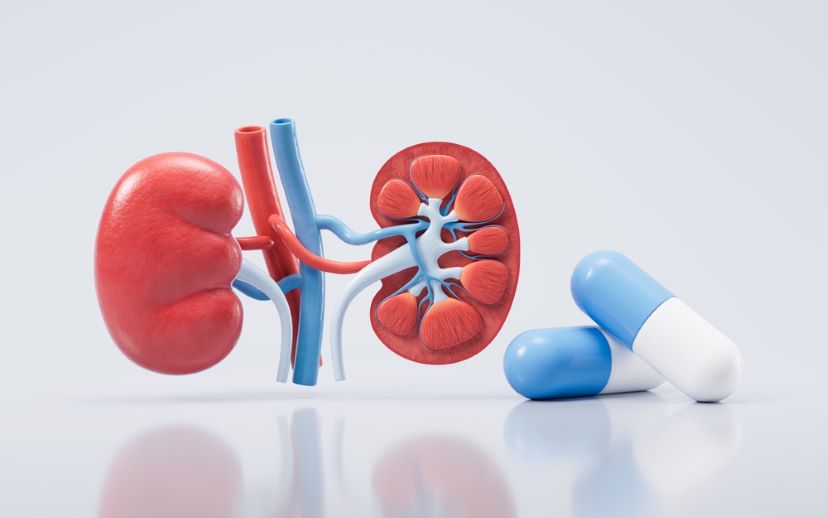MS (Transcranial Magnetic Stimulation): A Safe, Non-Invasive Brain Therapy for Children and Adults

Transcranial Magnetic Stimulation (TMS) is an advanced medical technology that uses magnetic fields to stimulate nerve cells in the brain without the need for surgery. The main goals of TMS are to restore balance in brain function, alleviate symptoms of neurological and psychiatric conditions, and support brain recovery.
What Is a TMS Device?
A TMS machine generates high-intensity magnetic fields delivered through a coil. When the coil is placed over the scalp, the magnetic field passes through the skull and targets specific areas of the brain. This procedure is non-invasive, does not require surgery or drilling, and is considered highly safe.
What Conditions Can TMS Help Treat?
TMS is used to regulate brain activity in both children and adults. It is particularly beneficial in conditions involving the brain and nervous system.
In Children:
- Autism Spectrum Disorder (ASD): Stimulates areas related to communication and behavior to support developmental progress.
- ADHD (Attention-Deficit/Hyperactivity Disorder): May enhance concentration and reduce distractibility by rebalancing brain activity.
- Learning and Developmental Disorders: Currently under research as a promising method to improve targeted brain functions.
In Adults:
- Major Depressive Disorder: Stimulates underactive brain regions to reduce depressive symptoms.
- Anxiety Disorders: May help alleviate symptoms of anxiety and panic.
- Obsessive-Compulsive Disorder (OCD): Used alongside psychotherapy to reduce obsessive thoughts and compulsive behaviors.
- Chronic Pain (e.g., Migraine): Can help reduce the intensity and frequency of pain.
- Parkinson’s Disease: Research suggests TMS may support motor function recovery.
TMS Treatment Process
- Initial Evaluation: A specialist will assess your medical history, conduct a physical exam, and evaluate brain function. MRI or brain scans, if available, may assist in creating a customized treatment plan.
- Coil Placement: A trained physician, physical therapist, or nurse places the coil over the target brain area.
- Brain Stimulation: Once activated, the coil emits magnetic pulses to stimulate nerve cells. Patients may feel a light tapping on the head or hear a clicking sound — the treatment is painless and safe.
- Session Duration: Each session takes about 20–40 minutes. Most patients undergo treatment 3–5 times per week for several weeks, based on medical advice. No hospital stay is required, and patients can resume normal activities immediately.
- Follow-Up: After the treatment course, the doctor will reassess physical and mental symptoms to determine if further sessions are needed.
Who Should Not Receive TMS?
While TMS is generally safe, it may not be suitable for everyone. Patients should consult a specialist if they have:
- Implanted devices such as pacemakers or deep brain stimulators, which may be affected by magnetic fields.
- Metal implants in the skull or head, which must be evaluated for safety.
- A history of epilepsy or seizures — careful monitoring and adjustments are needed to minimize risks.
Benefits of TMS Treatment
- Non-invasive and Drug-Free: No surgery, no sedation, and no long recovery period. Patients can return to daily life right after treatment.
- Minimal Side Effects: Compared to medications, side effects are rare and usually mild, such as temporary headache or dizziness.
- Effective for Resistant Conditions: Especially useful for chronic conditions like drug-resistant depression or neurological disorders.
- Supports Brain Recovery and Development: In children with developmental delays or motor issues, TMS may help stimulate brain areas linked to learning and movement.
Conclusion:
TMS is a safe and promising therapy for a wide range of brain and nervous system conditions, in both children and adults. By targeting specific brain regions with magnetic pulses, TMS can help restore healthy brain activity, ease symptoms, and promote recovery.
However, TMS should always be administered under the supervision of a qualified specialist to ensure a treatment plan tailored to the individual needs of each patient.


